Our Crazy (and Vital) Baptist History, Part 2
What Does It Mean to Be Baptist?
Our Crazy (and Vital) Baptist History, Part 1
Our Crazy (and Vital) Baptist History, Part 2
Our Crazy (and Vital) Baptist History, Part 3
Baptists have always been a little hard to define. From our beginnings, the reality of Baptist life has been diverse, difficult, and highly confusing. The one common denominator from our beginnings in this country was our “outsider” status. We stood against the status quo and defined ourselves through a willingness to be different. We were defiant, hard-nosed, and determined to follow Jesus, regardless of the social cost.
As Roger Williams demonstrated in the earliest days of his dissent and exile from Puritan Massachusetts, Baptists were willing to risk their own freedom for the freedom and wellbeing of others. This was a fairly radical stance and somewhat unique.
A Civil Society The Dutch Way
The Dutch of Amsterdam practiced a clear multicultural social structure, but this was mostly practical and economically driven. This same social model was established by the Dutch in New York City (then called New Amsterdam).
When the English took the city over in 1664, they continued this unusual but increasingly advantageous open society as an economic trading model.
The Dutch had gotten rich by not caring what anyone believed or what religion they practiced, as long as their faith didn’t squelch economic incentives.
A Civil Society the Baptist Way
However, Baptists would claim a theological, spiritual foundation for an open, civil society.
Economics aside, Baptists wanted to be guided by God’s movement in the individual heart and soul. Baptists would adamantly stand for this theological right, this “Soul Freedom” or the “Priesthood of All Believers” as a fundamental, spiritual principle (read more here).
Such a position would be for themselves as well as on behalf of others. For Roger Williams along with many other Baptists, this stance even included Jews and Muslims.
By 1663, Williams and a Baptist associate named John Clarke had secured a new charter from King Charles II for the colony of what would become Rhode Island. The original, having proven ineffective and too vague, necessitated this update.
The new charter provides previously unimagined religious liberties to dissenters of Church of England policies. What follows offers a glimpse at a portion of that updated charter initiated and demanded by these dissenting Baptist believers.
With it rises a remarkable shift in the coming relationship between church and state with the comingling need for mutual respect and conscientious separation. It reads in part:
That no person within the said colony at any time hereafter, shall be anywise molested, punished, disquieted or called in question for any difference in opinion in matters of religion which do not actually disturb the civil peace of said colony, but that all and every person and persons may from time to time, and at all times hereafter freely and fully have and enjoy his and their own judgments and consciences in matters of religious commitments: … they behaving themselves peaceably and quietly, and not using this liberty for licentiousness and profaneness, not to the civil injury or outward disturbance of others.
The words in this charter, bearing the great seal of the King of England, would become the bedrock upon which American democracy and our Constitution’s Bill of Rights would be built. The First Amendment would read:
Congress shall make no law respecting an establishment of religion, or prohibiting the free exercise thereof.
This clear, profound stipulation added to the U.S. Constitution in 1791 can be traced directly to the courageous demands Williams and Clarke evoked from King Charles II in 1663, over a century before.
As I hope you can tell, we have much to be thankful for and proud of with our rich Baptist heritage. And what we have covered so far is just the beginning!
In our next “Our Crazy Baptist History” installment, we will learn about two more valuable Baptist voices: Isaac Backus and John Leland. I look forward to having you join me on our journey together!
Read more
What Does It Mean to Be Baptist?
Our Crazy (and Vital) Baptist History, Part 1
Our Crazy (and Vital) Baptist History, Part 2
Our Crazy (and Vital) Baptist History, Part 3
David Jordan, Senior Pastor, First Baptist Church of Decatur

